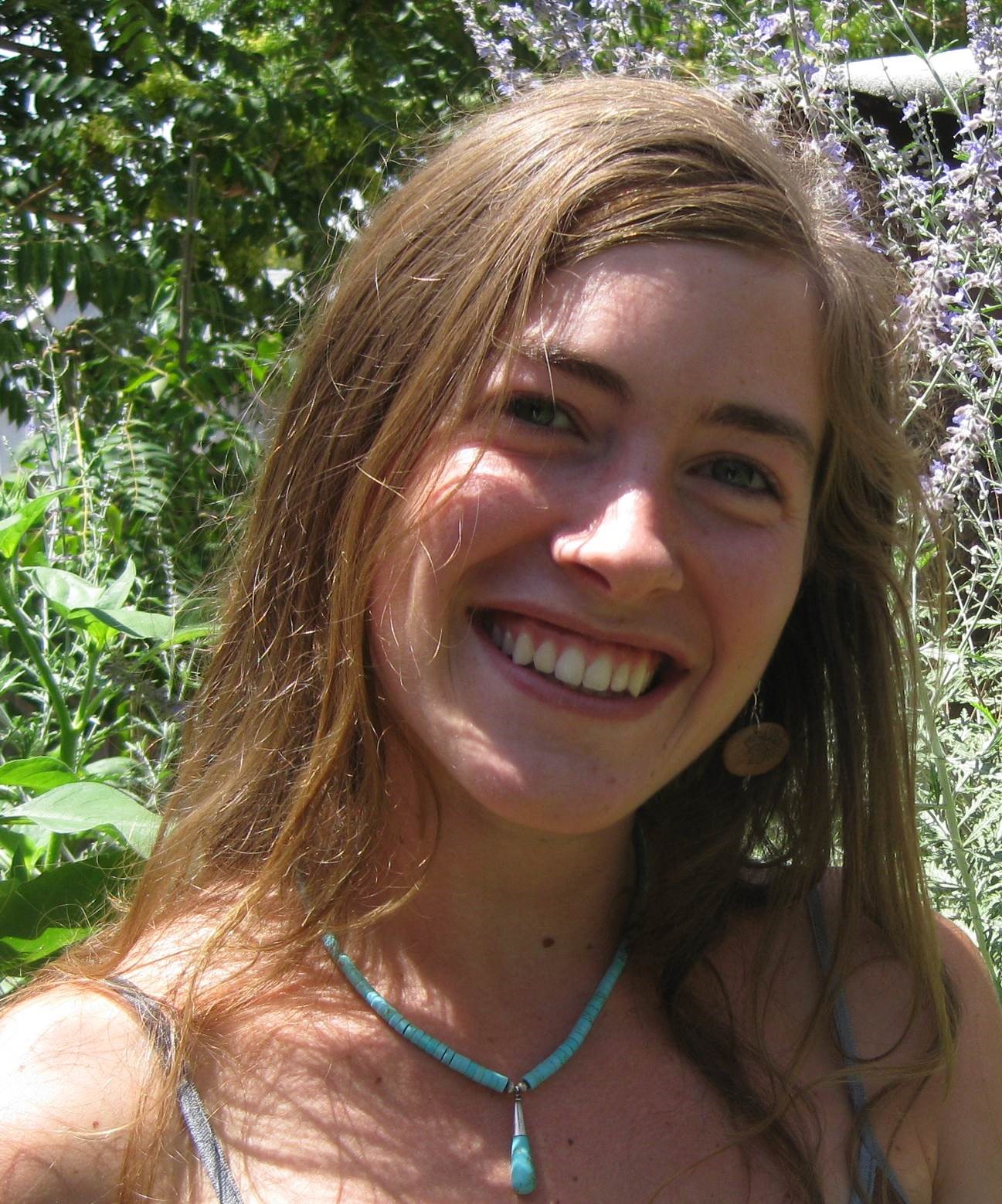Some information may be outdated.
Our beautiful home in the heart of Canyon Country has become a target for energy development. Let’s imagine for a moment a future without public-land protection and without significant restrictions on extractive companies that have no long-term accountability to our community.
Thirty additional wells are planned in the Big Flat area, further marring and industrializing the once-scenic gateway to Dead Horse Point State Park and Canyonlands National Park.
Our County Council staunchly opposes the Master Leasing Plan, and thus supports status-quo management under the current Moab BLM’s resource management plan, leaving our community perpetually vulnerable to the health and social impacts of oil and gas development.
Two oil refineries are in the works for Green River, both of which would result in more air pollution, including more hazy views and an increase in unavoidable negative health impacts.
The dirtiest, lowest-efficiency and highest-carbon fuel in existence is extraction of oil from tar sands. The first tar sands project in the United States has permits just north of here, on the Tavaputs Plateau. As currently permitted, Canada-based U.S. Oil Sands plans to strip-mine 32,000 acres of mountainous habitat that has long been used as a getaway for hunters and backpackers. It may seem like a remote location, but a mine of this size and magnitude will make us closer neighbors than many of us can yet fathom. If allowed to proceed, this mine will bring toxic chemicals, water pollution, and a crew of men from around the world (these will not be local workers) who will come to our community hungry for drinks and women.
The workers would get to Moab and Grand Junction the same way the tar sands crude would make it to Green River – through the proposed Bookcliffs Highway (Sego Canyon or Hay Canyon, take your pick). Despite significant local opposition, and proving that some terrible ideas never die, Grand County Council chairman Lynn Jackson and most of the rest of the council continue spending time and money to make this corridor a reality. And for what? To help out the oil and gas industry, SITLA, and our resource extraction-frenzied neighboring counties in exchange for a pittance to Grand County?
Taken as a whole, the recent interest in extractive industrial development surrounding our community, surging forward with unquestioning support from the Grand County Council, begs the question: What is really going on here?
Having witnessed first-hand the flippant and dismissive attitude of many members of the Grand County Council in the face of public concern, it seems that the council has become rather out of touch. When did the desire for basic human needs such as clean water and clean air become radical environmental ideas? When did the council decide that any person advocating for public lands free from industrial development could be summarily disregarded as an environmental extremist? This mindset creates a dangerous situation for the wellbeing of our community.
The social and environmental impacts of oil and gas industrialization are well documented. Look no further than the pollution and environmental destruction from tar sands mining in Fort Macmurray, Alberta, Canada; the social decay, domestic violence and skyrocketing housing prices from the oil and gas boom in Williston, North Dakota; or the rising infant mortality rates and ozone pollution from oil and gas development in our neighboring Uinta Basin. The extreme risk that our community representatives are exposing us to couldn’t be more clear.
What will it take to consider these threats logically? Let’s not wait until our water is tainted, our children have respiratory diseases, and our once-thriving energetic town is turned into an industrial hub. By the time the bulldozers arrive and the rigs are constructed, it’s too late.
The decisions made by the Grand County Council today have the potential to negatively affect our community indefinitely. We don’t need more oil and gas cheerleaders; we need real leaders who are interested in protecting the health and long-term prosperity of our community. We have a lot to lose and very little to gain.
Appreciate the coverage? Help keep local news alive.
Chip in to support the Moab Sun News.



